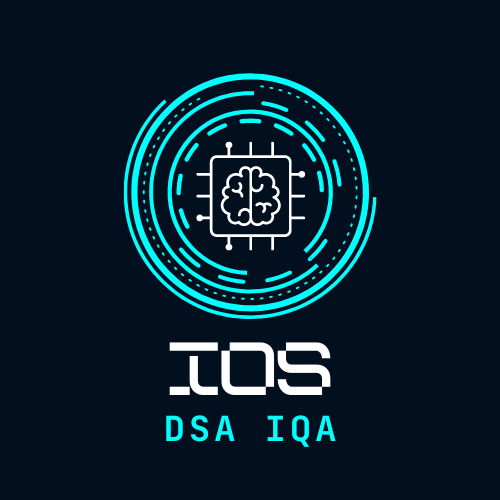Q. Explain the iOS app life cycle and 3 delegate methods of the AppDelegate.
iOS App life Cycle:
The iOS app life cycle refers to the sequence of states that an app goes through from its launch to its termination. Understanding the life cycle is crucial for managing resources, saving state, and responding appropriately to various events. The life cycle is primarily managed through the AppDelegate, which conforms to the UIApplicationDelegate protocol.
iOS App Life Cycle:
- Not Running:
- The app is not yet launched or has been terminated by the user.
- Inactive:
- The app is running in the foreground, but not receiving events (e.g., during a phone call or when the screen is locked).
- Active:
- The app is running in the foreground and receiving events.
- Background:
- The app is in the background and executing code. Limited time is available to complete tasks.
- Suspended:
- The app is in the background but not executing code. Resources may be reclaimed by the system.
AppDelegate Delegate Methods:
application(_:didFinishLaunchingWithOptions:):
- Called when the app finishes launching.
- Use this method for any final initialization and one-time setup.
- Return
trueif the app launched successfully.
func application(_ application: UIApplication, didFinishLaunchingWithOptions launchOptions: [UIApplication.LaunchOptionsKey: Any]?) -> Bool {
// Initialization code
return true
}
applicationWillResignActive(_:):
- Called when the app is about to become inactive.
- Use this method to pause ongoing tasks, such as animations or timers, that may need to be suspended when the app is not in the foreground.
func applicationWillResignActive(_ application: UIApplication) {
// Pause ongoing tasks
}
3. applicationDidEnterBackground(_:):
- Called when the app enters the background.
- Use this method to release shared resources, save user data, or perform any tasks needed to support the app’s state in the background.
func applicationDidEnterBackground(_ application: UIApplication) {
// Save data and release resources
}
4. applicationWillEnterForeground(_:):
- Called when the app is about to enter the foreground.
- Use this method to undo the changes made in
applicationDidEnterBackground(_:)and to reacquire shared resources.
func applicationWillEnterForeground(_ application: UIApplication) {
// Undo changes made in applicationDidEnterBackground
}
5. applicationDidBecomeActive(_:):
- Called when the app becomes active.
- Use this method to restart tasks that were paused or to refresh the user interface.
func applicationDidBecomeActive(_ application: UIApplication) {
// Restart tasks or refresh UI
}
6. applicationWillTerminate(_:):
- Called when the app is about to terminate.
- Use this method to save data, release resources, and perform any final cleanup.
func applicationWillTerminate(_ application: UIApplication) {
// Save data and release resources
}
These delegate methods, along with others not mentioned here, allow you to respond to various events in the app life cycle and manage its behavior accordingly. Understanding these methods is crucial for developing apps that behave predictably and efficiently throughout their life cycle.
